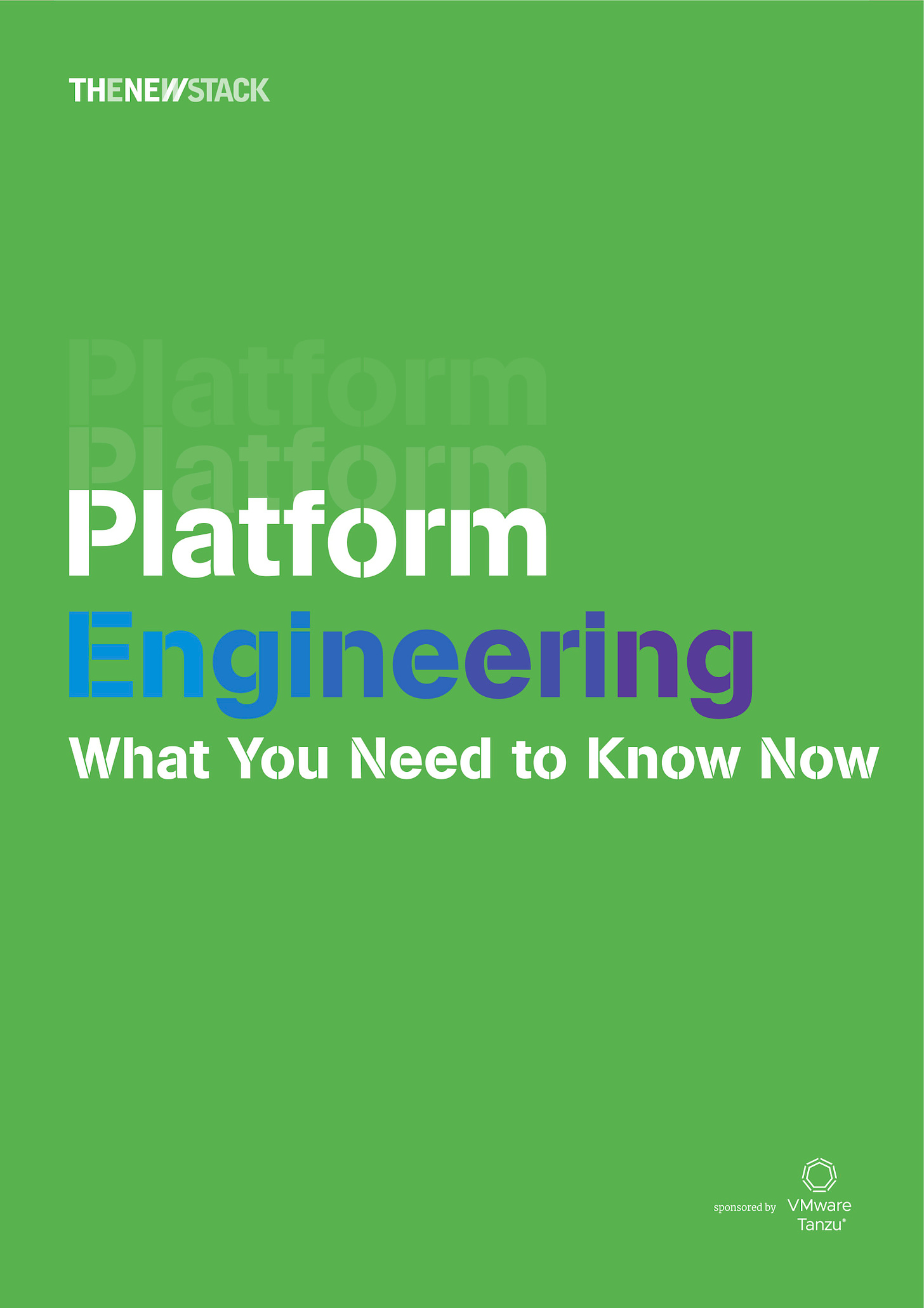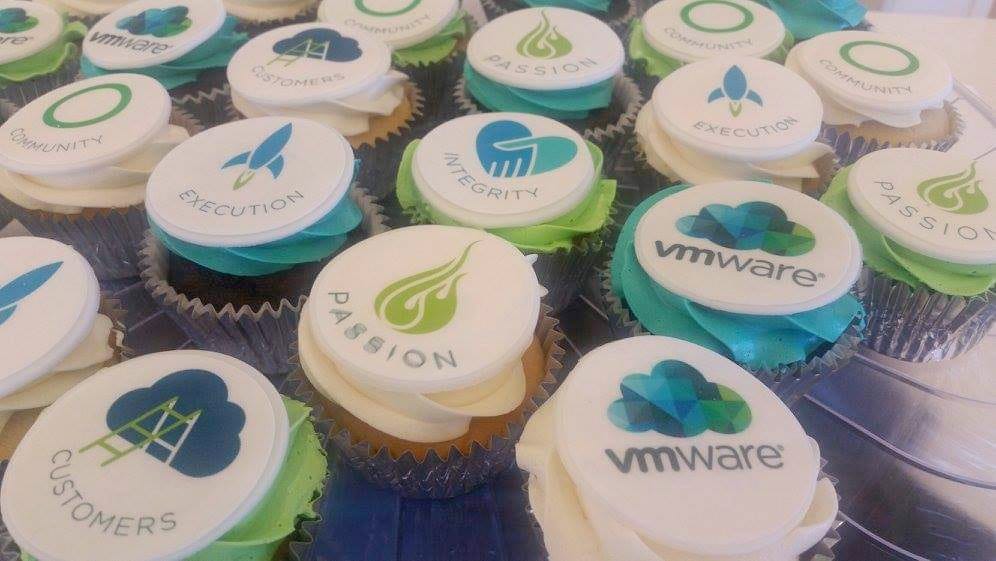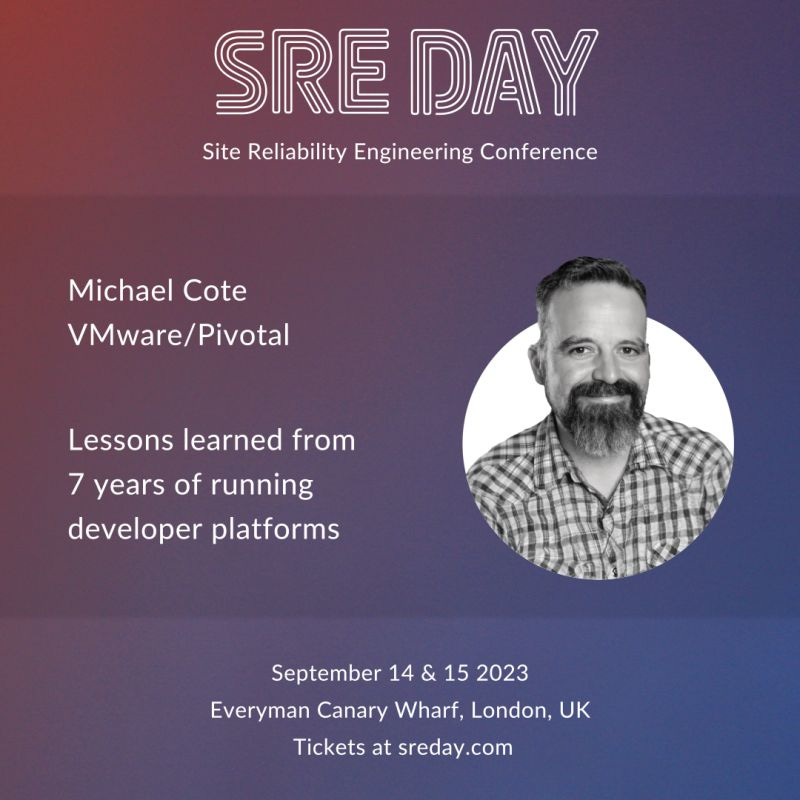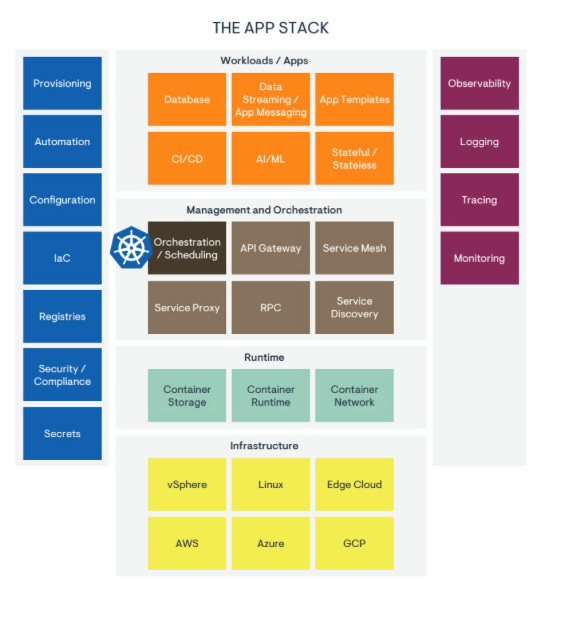Jennifer Riggins and The New Stack crew have a good booklet out on Platform Engineering. I read over it and talked with Jennifer a couple times. I should have recorded those calls to munge into some articles, but, whatever.
You should check it out, I think it’s a good go at trying to nail down exactly what that term means. This month, at least :)
ChatDM, The Paper
This is what spurred me to start using ChatGPT as a ChatDM, here’s The Register article that led me to it.
I’ve yet to ask it questions like “describe drinking games that the satyrs are taking part in that are so dangerous someone could get hurt doing them” or “why would a Displacer Beast Kitten leave the safety of its den if it believes an intruder is nearby?”
One interesting point that’s worth bringing into the bigger AI/LLM discussion. “Hallucinations” can be bad if you want real, truth (in which cases, they’re “lies” from the wide meaning of that word). But, when you’re creating and story telling, “making things up” is the whole game. Thus, ChatGPT’s downside of making things up becomes an advantage when you’re trying to be creative.
Here’s the paper. As with most PDFs I’ve downloaded, I haven’t read it in detail. I could go all nuts and check out the github repo too. Here’s one of the other papers cited.
Making a discord bot helps scale it up, but it’d be great to just get four or five prompts you could feed into ChatGPT. That’s what I’m trying to figure out. You need a prompt to tell it you want it to DM (or play), one describing the world you’re playing in, one describing the start of an adventure, and then some mechanics (like feeding it monster stats, etc.). You’d also need to remind it of these things once the ChatDM’s memory had rolled off.
Automating that all with a bot would be helpful, sure. But then I’d have to figure out how to do all that.
Never underestimate the power of a cupcake
My co-worker Bryan Ross has been writing articles based on a video series I did…last summer? (Was it so long ago?). His most recent one is a round-up of his tips to get people to use your app platform. (Yeah, “platform engineering” - that’s a phrase I think I should stop using? I don’t know.) It’s a great write-up.
He’s got several more all ready to publish as well, and I’ll share those as they come out.
Upcoming
Talks I’ll be giving, places I’ll be, things I’ll be doing, etc.
SREDay London is coming up in a few weeks, I’m speaking there. They gave me a discount code for “friends and team members.” Feel like you’re all at least on my team, right? The code is 50-SRE-DAY and you’ll get 50% off the tickets.
Meanwhile, travel season is back, and here’s where I’ll be, so far:
Sep 6th O’Reilly Infrastructure & Ops Superstream: Kubernetes, online, speaking. Sep 6th to 7th DevOpsDays Des Moines, speaking. Sep 13th, stackconf, Berlin. Sep 14th to 15th SREday, London, speaking (get 50% of registration with the code 50-SRE-DAY) Sep 18th to 19th SHIFT in Zadar, speaking. Oct 3rd Enterprise DevOps Techron, Utrecht, speaking. Nov 6th to 9th VMware Explore in Barcelona, speaking.
Wastebook
Related followup on yesterday’s customer value is “dangerous” episode.
“People have been asking what celebrations I’m planning. I tell them none, but they’re welcome to come streetwalking with me as long as they don’t speak. Just allow me to shake my head, sigh deeply and not look where I’m going. Birthdays are not for flâneurs. You can’t saunter lazily through the city observing its rich variety if all you can think about are the years you have left to you.” Here.
And: “I had hated exercise at school when it was free, so there was no sense in paying someone to make me as unhappy as I’d been then.” Ibid.
Relative to your interests
Why We Glorify Overwork and Refuse to Rest - One of the better explanations of what’s probably wrong with me: “It’s the most reliable way to feel a sense of his own worthiness — and to avoid difficult emotions.”
Europe’s new rules for Big Tech start today. Are they ready? - “Under the DSA digital service providers - including hosting services, online platforms, VLOPs and even intermediary service providers like ISPs - have obligations to ensure that products sold are safe and not counterfeit, and to eliminate advertising that targets minors or is served using sensitive data. Another requirement is to get rid of dark patterns in advertising. Clarity on how orgs moderate content and a requirement to present their algorithms for scrutiny is also required.” And larger services that reach 45m+ EU people have more, they “have to share data with ‘vetted’ researchers and governments, allow users to opt out of profiling recommendations, submit to regular audits, and have risk management and a crisis response plans in place.”
The new spreadsheet? OpenAI introduces ChatGPT Enterprise for businesses - Can handle longer conversations, encryption, by default doesn’t share your stuff with the training AI, and SOC2 accounting controls. Also, of course, an admin panel.
Logoff
I’m starting to do the final think through of talk I’ll be giving next week at DevOpsDays Des Moines. I was asked to speak at the conference long ago (it’s a real compliment to be asked to speak), and I see was I clever enough to write an interesting, but ambiguous abstract!
There are a few things that I’m pushing around in my mind:
A conversation I had with an enterprise architect recently that went something like “why don’t we just use what we have correctly instead of installing a new paradigm?”
You’re working harder on the wrong things.
Optimizing vs. satisficing. Or: "once you've trained in accountancy, it seems like the only job."
I keep getting pulled to “do less, focus on one thing,” but I want to escape that kind of obvious bromide. Perhaps more of what I’m trying to get to is: “it’ll work itself out, don’t pre-optimize.” And, point one is key too: before you hop back to the start of the diffusion of innovation curve/hype cycle, have you tried reading the manual for what you currently have and following the directions this time?
Chance are high, you’ll skip reading the manual for this new thing. Case in point, the need for the Kubernetes community to tell everyone that it’s a platform for building platforms (insert Tweet screenshot) and that it’s not really intended for application developers. Then, lo and behold, when you don’t follow the original intent and scope of Kubernets, it’s complex and difficult! Security-blah-blah, skills gap, etc., costs, etc.!
A visual from a Torsten Volk study I saw recently:
What you see here is that Kubernetes is a tiny part of the overall stack you have. The infamous CNCF landscape shows this as well. What matters are all the things you wrap around it. I didn’t realize this early on in the container wars - I was famous on Software Defined Talk for saying “I thought Kubernetes already did that” when some new startup or project popped up. And I don’t think when we talk about “Kubernetes” we realize that Kubernetes is a tiny part of what we’re talking about. If you’re building a platform, or whatever, Kubernetes is probably the least of your problems. If you’re not already good at all that other stuff, you’re just fucking yourself up by changing that one box out. Why not just try being good at that other stuff first with what you have?
Anyhow, save it for the presentation, I guess.




